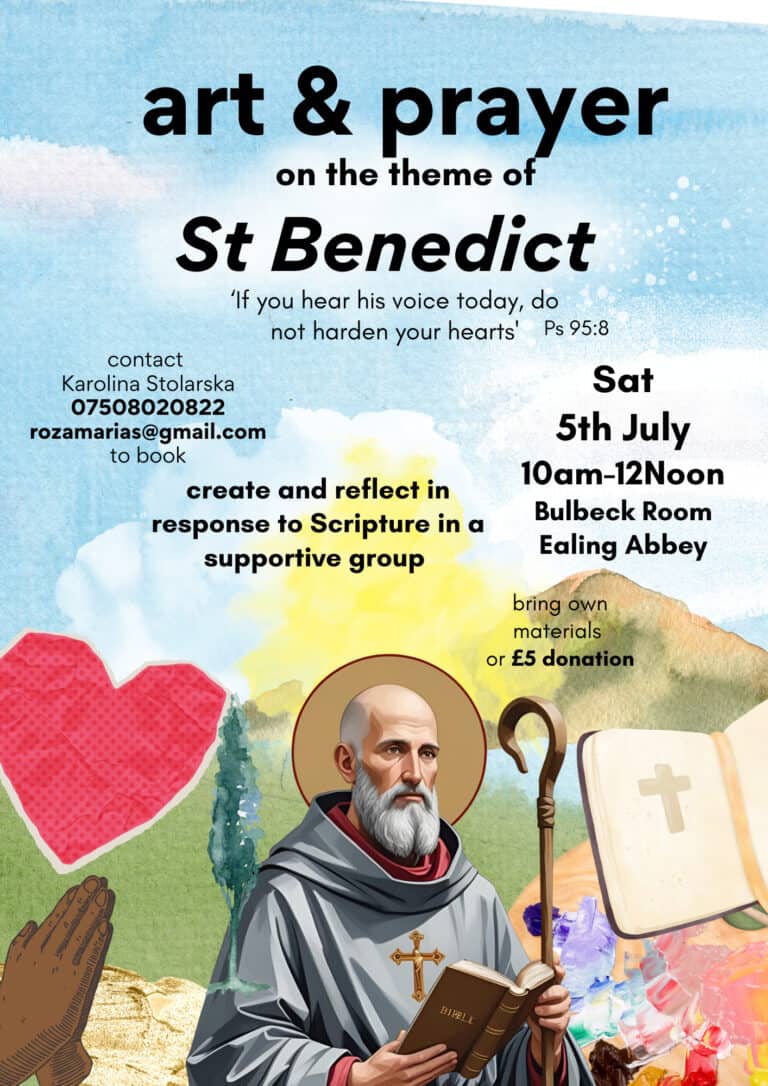Dear Parishioner
By the time you read this, I will be just about ready to set off for two weeks’ annual leave, with a week of that spent in a remote peninsula in the not-so-warm-and-sunny climate of Donegal Bay in the historic and beautiful province of Ulster. Very much home territory for me, really. And speaking of home territory:
‘Why don’t you stick to carpentry, young man – at least then we might recognise you as the boy we once knew?’ Well, that is a ‘put down’ if ever there was one. The gentle folk in Nazareth were clearly as amazed and taken aback at the words Jesus spoke just as Jesus was amazed at their lack of faith. Rejection of a prophet by his own is a well-rehearsed theme running through the pages of the Hebrew Bible and Mark at least doesn’t mince his words: ‘a prophet is only despised in his own country, among his relations and in his own house…..’ The other synoptic writers, Matthew and Luke are perhaps a little less damning, but the message is the same: your words here are falling on deaf ears, wee fellah. Now few things it would seem cause such a strong response in Jesus as a lack of faith, or conversely, great faith. Faith is his door into human hearts but it can only be opened from within. Of course, we all know that Jesus’ power is by no means limited. The point is however that without faith, even those who have seen and come to know Jesus with their eyes cannot understand who he is. Does Jesus shrug off the put down? It would appear not. He is profoundly affected by it to the point where such rejection seems to render him incapable of performing any kind of miracle among his own people, so he moves away refusing to be enslaved by his failure to reach his own people. And he never goes back.
Which takes me back again to the North of Ireland where I do go back as often as I can and where the biggest put down for me is usually a mocking of my anglicised northern Irish accent as I visit family in Belfast and Derry. The biggest distraction in the days ahead will of course be the election and its aftermath and wouldn’t we all have welcomed an honest answer from party leaders about what they regard as their single biggest weakness, aside from the trite and insincere answers? ‘Weakness’ however is not part and parcel of political discourse and probably not a cosy word for most of us. However, like Paul in today’s second reading we soon learn that failure and human weakness actually give God scope to act out his own purposes in our lives. Jesus’ Nazareth experience was the start of a new road for himself whilst Paul’s ‘thorn in the flesh’ allowed him to look at God and himself in a new way. Maybe we can do likewise, and maybe, just maybe, politicians will follow our example.
Deacon Alex





